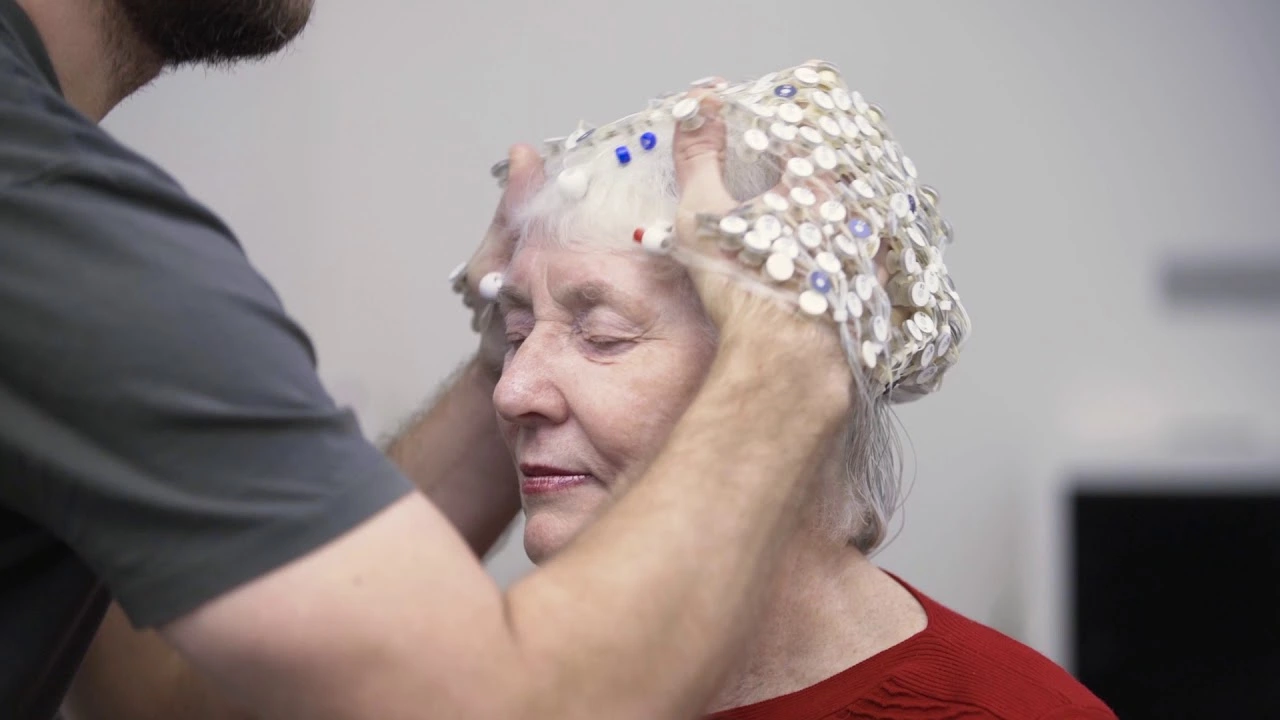Alzheimer's: What to Know Right Now
Worried about forgetfulness? Not every slip is Alzheimer's, but some patterns deserve attention. If memory loss affects daily life, causes repeats, or strips away planning and problem-solving skills, see a doctor. Early diagnosis gives you more options — for treatment, planning, and support.
Signs, diagnosis, and first steps
Common early signs include trouble remembering recent events, repeating questions, getting lost in familiar places, or struggling with words. A doctor will do a cognitive test, review medications, and often order blood work and brain imaging to rule out other causes like vitamin deficiencies, thyroid issues, or strokes. Keep a simple log of symptoms and examples to share — dates, what happened, and how it changed daily life. That makes appointments more useful.
Treatments and medicine safety
There’s no cure, but some medicines help with symptoms. Cholinesterase inhibitors (donepezil, rivastigmine, galantamine) can modestly improve memory and daily function in earlier stages. Memantine targets symptoms in moderate to severe stages. Drugs that treat mood and behavior — for example some SSRIs like citalopram — are used when anxiety or depression appear, but they need careful monitoring. Avoid medicines with strong anticholinergic effects (certain antihistamines, some bladder drugs) and benzodiazepines when possible — they can worsen thinking and balance.
Always review all prescriptions and over-the-counter meds with a clinician or pharmacist. Ask about interactions, especially if the person takes heart medicines, blood pressure drugs, or diabetes treatments. Small changes — adjusting dose timing, switching a drug, or stopping an unneeded medication — often help a lot.
If you’re curious about supplements or lifestyle aids, check reliable guides. Some people explore supplements for energy and healthy aging; others find mood guides useful when depression appears alongside memory problems. Talk with a provider before starting anything new.
Practical daily tips make life easier. Keep a simple routine, label drawers and doors, use large calendars, and place important items (keys, wallet, phone) in one spot. Break tasks into single steps and use clear, calm language when giving instructions. For safety, remove trip hazards, install good lighting, and consider monitors or check-in routines if wandering is a risk.
Caregivers need support too. Swap shifts, join a local support group, and plan legal and financial matters early — power of attorney, wills, and care wishes. Small breaks reduce mistakes and burnout.
Want quick, practical reads? We have easy guides on mood management and safe medicines, plus lifestyle pieces on exercise and supplements that can support brain health. If you suspect Alzheimer’s, book a medical checkup and bring a trusted person to help remember details. Getting help early gives you more control over choices and better day-to-day living.

 Jun, 12 2023
Jun, 12 2023